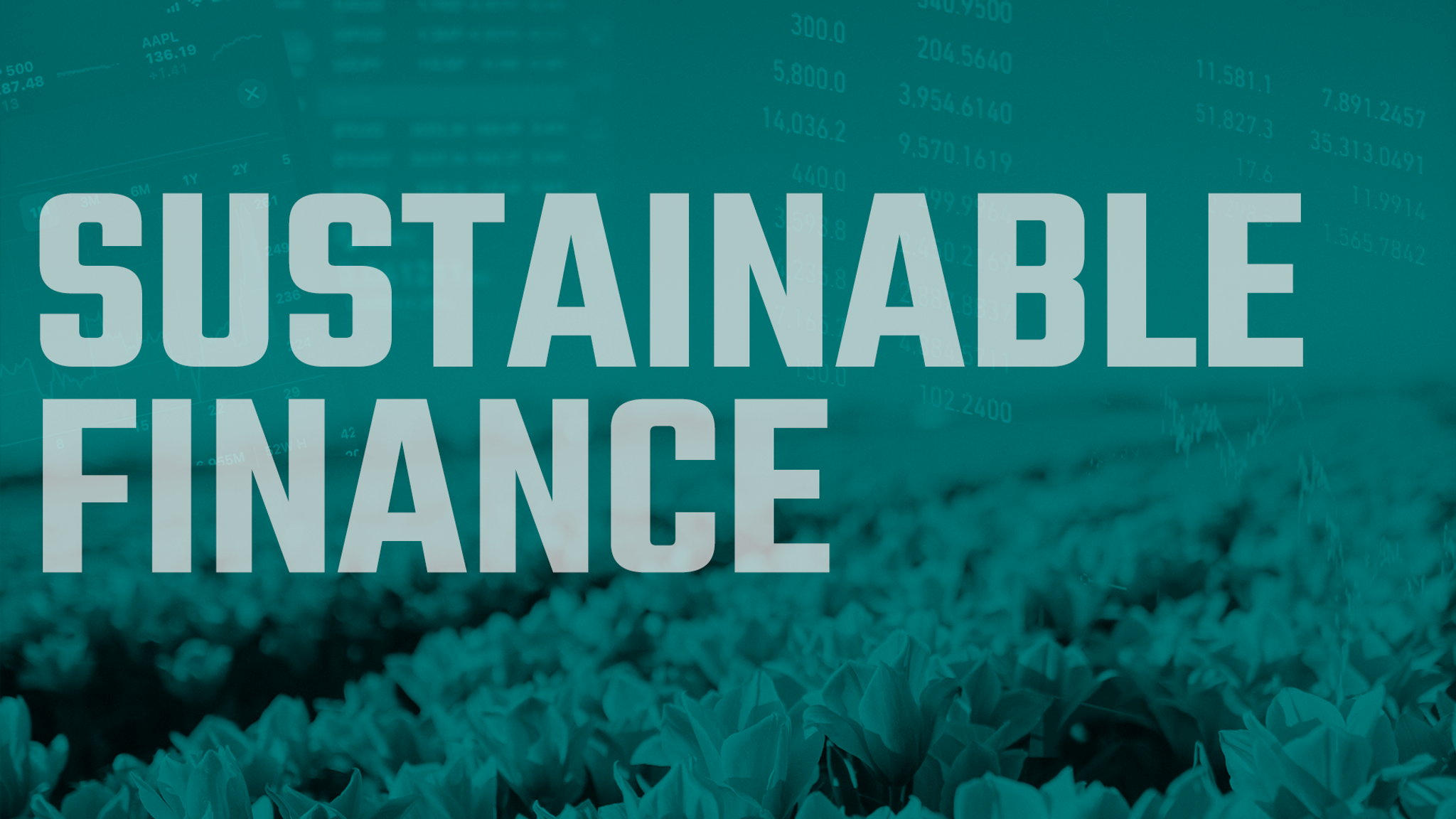Understanding the Impact of Sustainable Finance on Climate Change.
Trevor Townsend
Published on

The effects of Global warming continue to ravage across the planet. According to the provisional WMO State of the Global Climate 2021 report, the past seven years are on track to be the seven warmest ever!
This report also highlights the impacts of climate change on food security and population displacement. Our lack of change is causing greater damage to crucial ecosystems and undermining progress towards the Sustainable Development Goals.
According to the landmark United in Science 2021, ‘We have reached a tipping point on the need for climate action.’ So what are we doing about it?
What is Sustainable Finance?
Often used interchangeably with "green finance," sustainable finance involves making investment decisions that consider not only financial returns but also environmental, social, and governance (ESG) factors. It integrates investment decisions with essential criteria such as human rights, inequality, management structures, and executive remuneration for the lasting benefits of both clients and society at large. Sustainable finance is a necessary shift in the right direction towards a more climate focused world.
To give some examples, sustainable finance incorporates a wide range of activities, including sustainable funds, impact investing, green bonds, microfinance, credits for sustainable projects, active ownership, and sustainable development of the whole financial system.
Pillars of Sustainable Finance
Sustainable finance focuses on three pillars, environmental, social and governance, to ensure equal consideration across the most universal and fundamental needs.
Environmental : focuses on protecting the environment by mitigating climate effects and ensuring the sustainable use of resources. This drives biodiversity conservation, improved waste management, pollution prevention and the development of a circular economy.
Social : include issues of inequality, labor relations, inclusiveness, investment in human capital and communities, and human and animal rights.
Governance : includes good management structures, tax strategy, employee relations, and transparency within public and private companies. This pillar plays a fundamental role in ensuring the inclusion of environmental and social considerations in the decision-making process.
Why is Sustainable Finance Important
While it takes inter-sector effort to win the war against climate change, the finance sector sits in a unique position. Financial institutions that lend, invest in and insure business, have the power to favour corporations that manage impacts on nature.
Investing in businesses and projects with sustainable ESG practices is already rising, as is the demand for finance professionals with expertise in this rapidly growing field. There are two main reasons why sustainable finance is at the center of climate action at both the corporate and governmental levels.
1. A Shift in Mentality
Good business practice is finally shifting to where it always should have been - valuing all forms of capital. For a long time, typical business behavior has centered on for-profit activities, i.e., seeking to catch as much monetary profit as possible while pushing all the costs onto nature and society.
This mentality has now shifted with a realization that every business relies upon biodiversity and natural ecosystems. As a result, companies are accepting the reality that all lives are made on one planet that depends upon humans to transform stuff into useful products ready for market. Thus the need to incorporate structures and laws to protect the contractual relationships of all market participants is of absolute importance.
2. Changing Investment Landscape
Investors act as a vital lever as far as sustainable finance is concerned. Today, large institutional investors and asset managers are leading a powerful movement to add ESG standards to their criteria for capital allocation.
As long-term stewards of finance, investors have a mandate to consider whether companies they invest in will maintain a strong connection both with communities and nature.
Besides, investors recognize that businesses that commit to addressing sustainability issues stand to realize greater opportunities in the future - thus achieving higher returns for long-term shareholders.
What are we doing about it?
The heightened interest in adoption by investors and the financial industry is a powerful sign that the time for sustainable finance has arrived. This shift towards sustainable finance calls for increased innovation, more transparency and accountability from both established companies, startups, and governments.
Startupbootcamp is launching its Sustainable Fintech Fund to help entrepreneurs build sustainable finance businesses to support the sustainable development goals and build sustainable fintechs. The fund will provide seed capital to early-stage startups and access to our network of mentors, partners and investors.
If you’d like to know more about it sign up here: https://share.hsforms.com/17gl6aoVvRMegXHIAN4HFeg5b7xu
